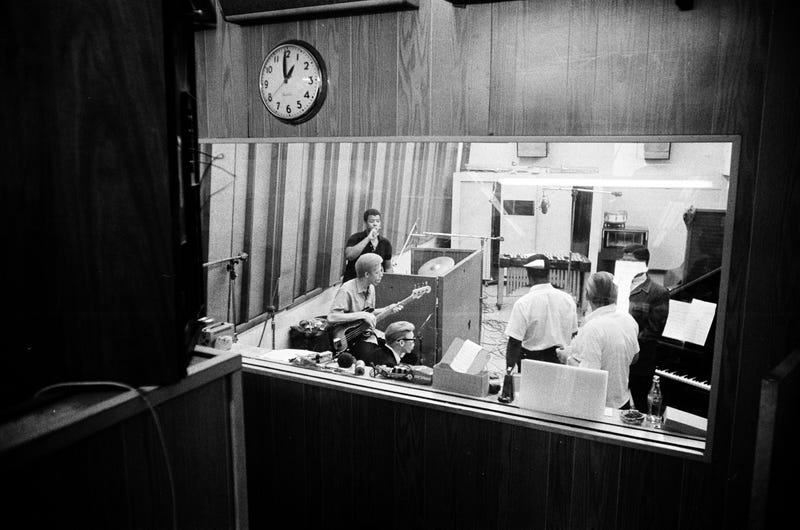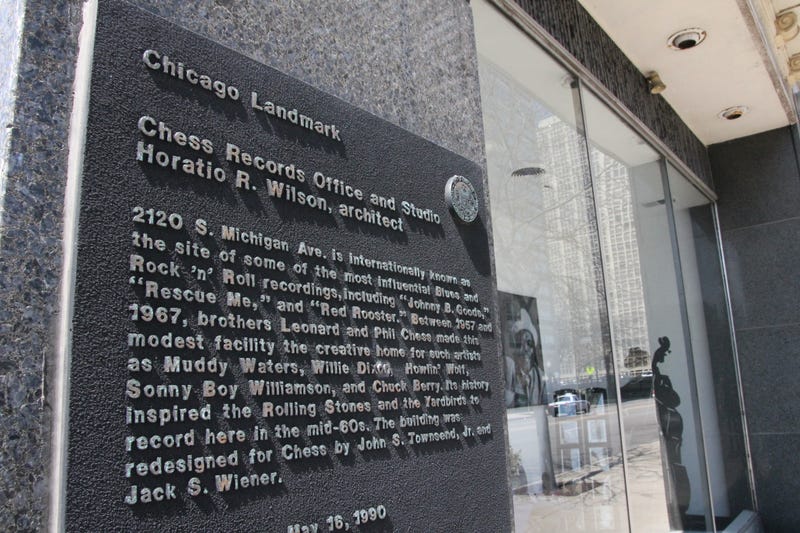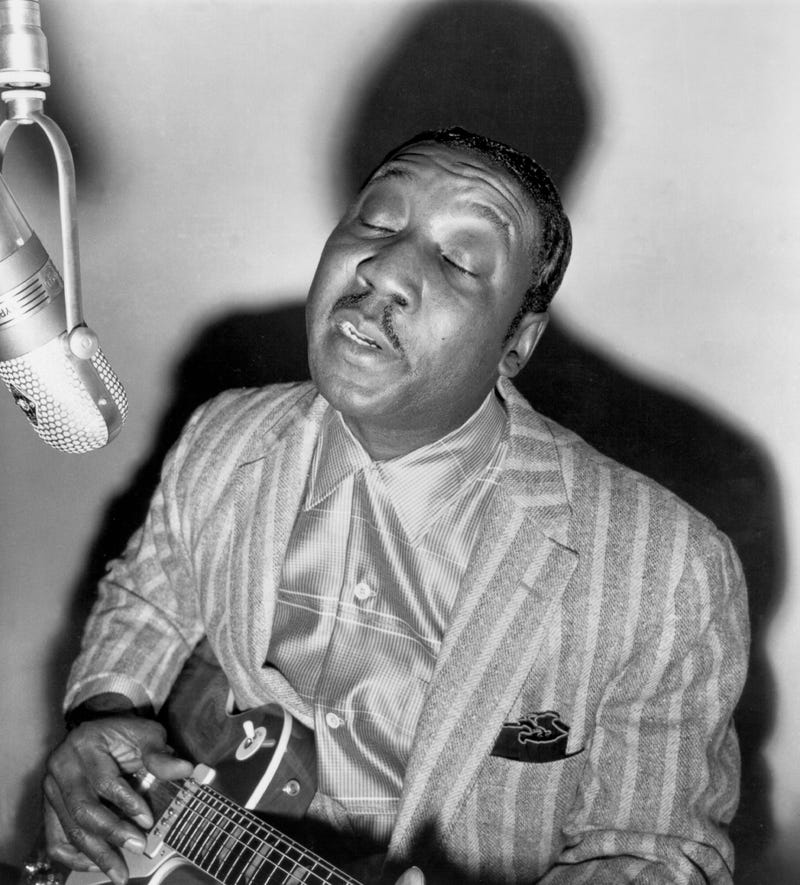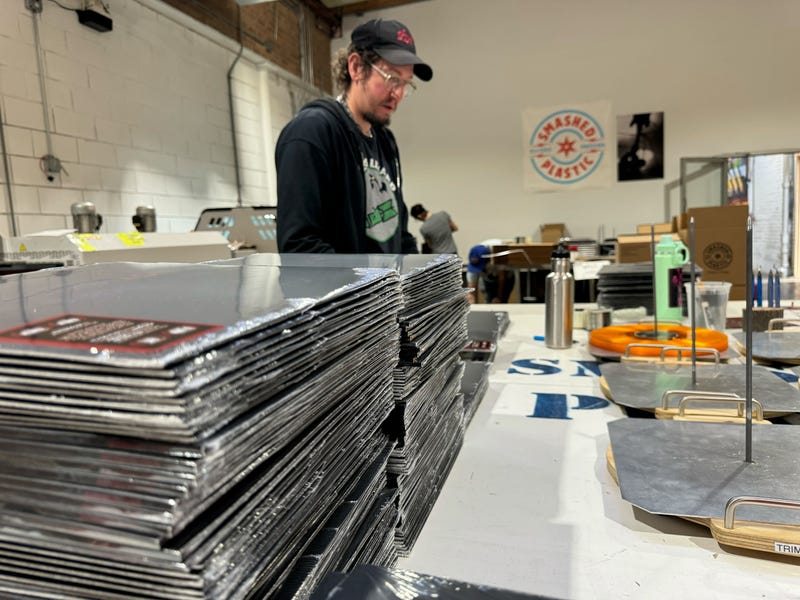
(WBBM NEWSRADIO) – It may not be obvious today, but Chicago was a major hub for the recording industry only a generation ago, and the city still retains a toehold.
In its heyday, Chicago boasted a rogues’ gallery of record companies.
“It’s so crazy to think about, but within a few blocks’ distance you had all these heavy-hitter labels: Vee-Jay, Chess, Curtom, Brunswick I think was located there,” Steve Krakow, who produces the column “The Secret History of Chicago Music” for the Chicago Reader, tells the Looped In: Chicago podcast.
“Some of these artists I interviewed, they were like, ‘Yeah, we’d just go shop our demos around and just go walk down those couple blocks there.'”

Chess Records is the most storied of the old-school Chicago labels.
It was started by Polish immigrants Leonard and Philip Chess, who owned a South Side club. They appreciated the music favored by their Black patrons and launched the Chess label in the late-1940s to focus on blues, jazz and R & B.
Among their trailblazing acts were blues legends Buddy Guy, Willie Dixon, Howlin’ Wolf and Mississippi-born Muddy Waters, who helped popularize electric guitar.

“When Muddy Waters is playing in the Delta, he’s playing acoustic [guitar],” says Patrick Hicks, who makes popular TikTok videos about music history. “When you come to Chicago, there’s so many people, they’re playing in these loud, noisy clubs, you can’t hear it. So, he has to go to electric.
“And that’s really the innovation. That’s why they call it the Chicago blues – it’s electric blues. And the Muddy Waters band is kind of the blueprint of what a rock and roll band is. He had electric guitar, electric bass, drums, maybe some keyboard.”
Chess would also sign early-rock pioneers Chuck Berry and Bo Diddley, who likewise had a major influence on pop music as we know it today.
Just in time for Record Store Day 2024, this week’s Looped In: Chicago examines the city’s role in the development of the music industry. And although the major labels are long gone -- replaced with historical markers -- Chicago continues to nurture a significant music scene and is in a unique position to embrace the vinyl format favored by audiophiles.
The city’s Northwest Side is home to the state’s only record-pressing plant, Smashed Plastic Record Pressing, which caters to local talent.
“Once the pandemic really hit and we saw plants just really starting to back up, we said we shouldn’t be taking a job for a client in L.A.
to the detriment of a client here in Chicago,” says co-founder Steve Polutnik. “We wanted to make sure we took care of the Chicago market. It was important to us. It’s a vast and diverse music scene.”

